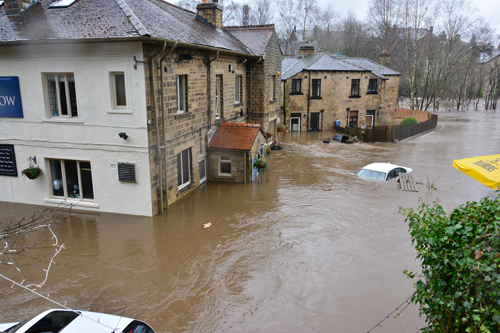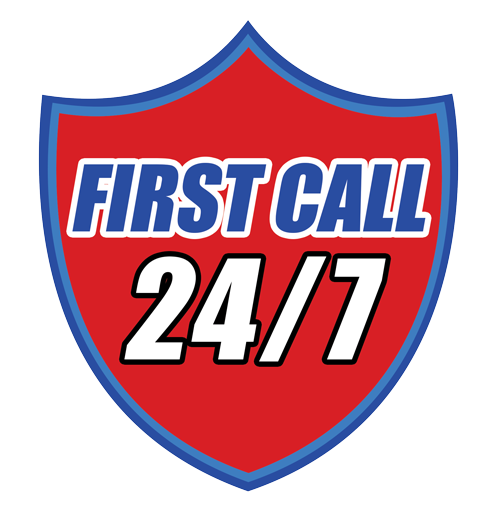

Water damage from something like a flood can be one of the most devastating things that can happen to a home or business. Although like a fire, widespread water damage is comprehensive. It can render electronics destroyed or unusable, ruin delicate objects like books and documents, and render carpets, rugs, and other furnishings unrecoverable.
However, unlike a fire, water damage ruins things, but it does not destroy them. A fire, for example, can burn a rug, leaving nothing behind. A flood may render a family heirloom rug useless, but that useless physical object is still there and must now be disposed of.
The same is true for the general structure of a building. Fires destroy many aspects of a property, while flooding ruins them but leaves the structure intact in its wake.
This is why, when it comes to recovering from water damage, you have to start with removing the water, but there are more steps beyond that.
Flood Damage Recovery
Permeability Is An Issue
The most obvious sign of water damage in a flood situation is the water itself. Seeing a room with a layer of water on the floor doesn’t seem like much compared to a fire’s heat and smoke, but that’s already a sign that many things are damaged. Electrical wiring, for example, is likely to need replacement in all affected areas, as internal electrical wiring is usually not built to be water-resistant.
This means that the first order of business for any recovery is to remove the water. A variety of different techniques can be used to pump out the excess water in a comparatively short period. However, removing the visible water only means that large, visible pools of liquid have been moved off the property. The biggest challenge that now remains is the water that has permeated into things.
Not Everything Can Air Dry
In some cases, such as solid wood furniture, or even carpets, rugs, and documents, if you get to them in time, recovery is possible by just drying out the items in question. When exposed to air or when forced to dry with blown air, this process is sufficient to remove any lingering water/moisture inside the items, just as with the laundry, making it possible to recover and reuse them.
However, there are other elements of a property, such as drywall and even wooden load bearing beams where it is difficult or even impossible to use the same techniques. This is especially true if the water has been in the property for a sustained period.
In addition, issues like mold infestation can become a problem in dark, moist areas, and even between walls or floors/ceilings can become an issue for mold formation and may require an inspection to determine whether the water accumulated there has given rise to other problems.
Call Us For Emergency Flood Damage Restoration Services
Ensuring that lingering moisture is removed from the home is just as important a step as removing the pools of water that come with water damage.
If you need help with an assessment of water damage in your home, contact us. We can evaluate the extent of the damage and develop a plan for water removal and, more importantly, recovery.
